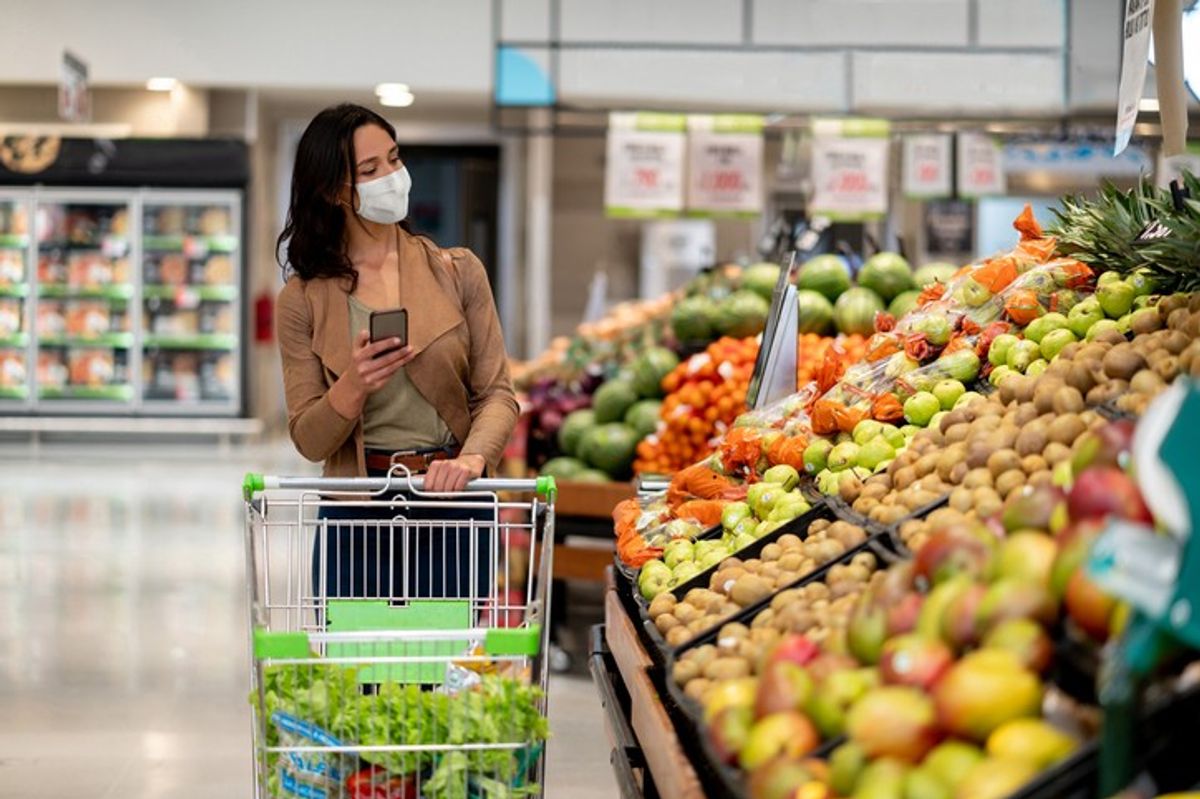British food retail sales unexpectedly fell in July by 1.5 per cent, official data showed on Friday (20), suggesting at least some consumers skipped shopping to follow England's run in the Euro 2020 soccer tournament or stayed at home due to rising Covid-19 cases or due to bad weather during last month.
Retailers reported that the tournament - in which England reached the final - and bad weather kept shoppers away from stores, the Office for National Statistics (ONS) said, claiming that sales volumes fell by 2.5 per cent from June, the biggest drop since January when Britain returned to lockdown.
The ONS said food store sales were down by 1.5 per cent, reflecting the effects of the opening of more hospitality venues, while non-food stores reported a fall of 4.4 per cent.
In a possible sign of renewed caution among shoppers, or July's bad weather, online sales rose to 27.9 per cent of total spending after hitting a pandemic low in June.
Economists polled by Reuters had expected a 0.4 per cent month-on-month rise.
An ONS official said there had been no feedback from retailers that worries about rising coronavirus cases were behind the drop in sales.
But analysts said the size of the fall probably reflected the impact of the fast-spreading Delta variant and the requirement for hundreds of thousands of people to isolate after being "pinged" by a government tracing app, back in July.
"July's sharp decline in retail sales can be blamed largely on rising Covid-19 cases, which prompted some households to steer clear of shops and forced others into self-isolation," said Samuel Tombs, an economist with Pantheon Macroeconomics.
The self-isolation requirement for contacts of someone with Covid-19 has now been dropped for people who have had two vaccinations.
Britain's economy has recovered most of its nearly 10 per cent slump in 2020 when the country suffered one of the world's heaviest coronavirus death tolls and stayed locked down for longer than many other European nations.
But there are signs that the bounce-back has slowed after a strong March and April as restrictions began to be lifted.


